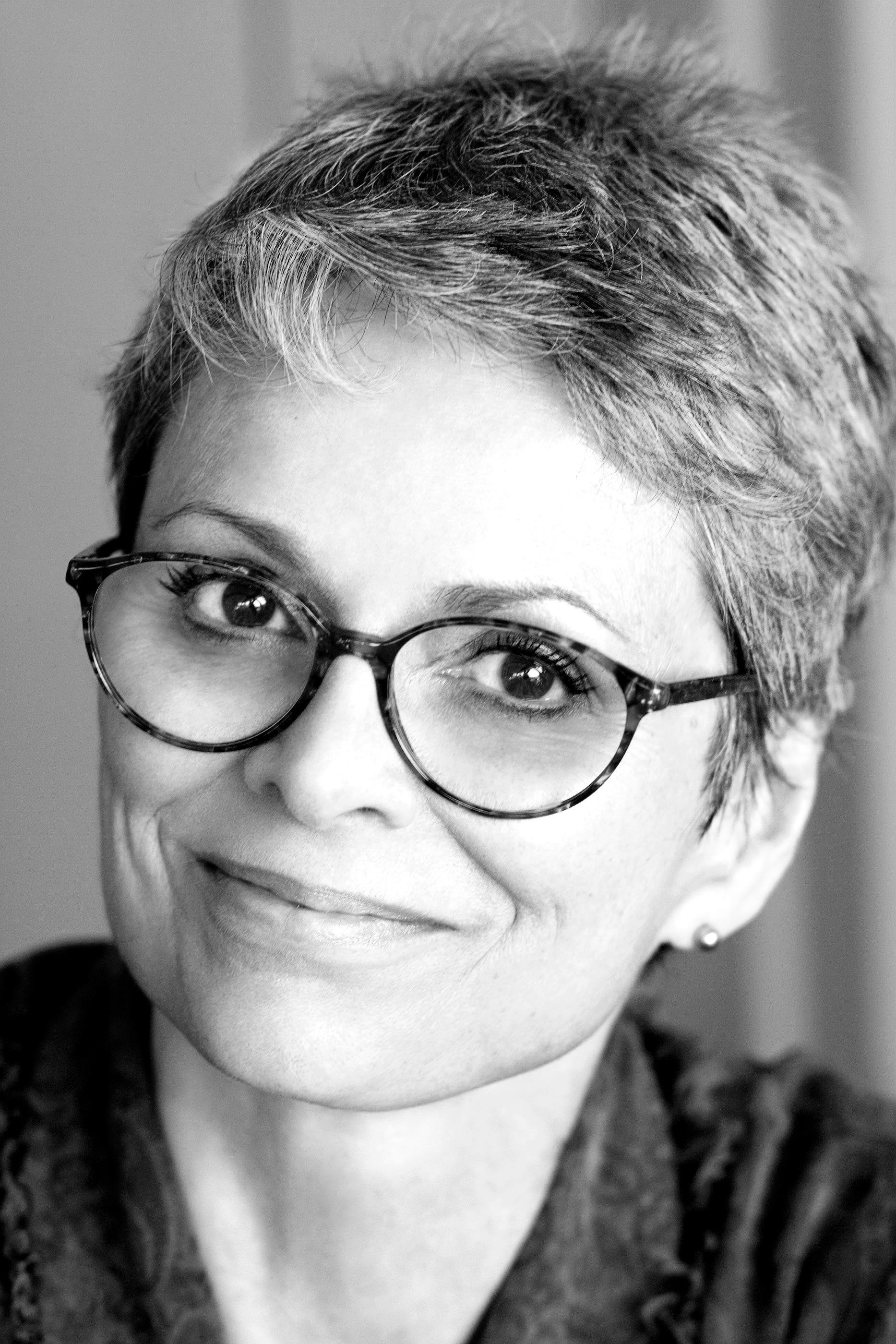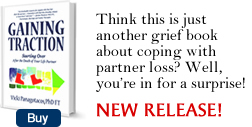Caregiver and family member’s anticipatory grief
It is a myth to belief that:
- Pre-death grieving means you have given up on hope that your loved one will survive.
- Time spent with a dying loved one will eliminate after-death grief
In reality feeling there is no hope and then regaining hope is part of anticipatory grief – a process that can go on for years if your loved one’s decline is gradual. Because the experience can be so emotionally and physically exhausting – feelings of fear and uncertainty can turn to anger and resentment. When this happens self-protection becomes a priority and the quality of your interactions suffer.
With help the tailspin can be steadied so that you and your family members have the emotional space to drop defenses and deepen their relationships prior to the death.
Grieving the Recent Loss of a Loved One
Grief is a process that cannot be conquered intellectually. The initial stages can take your breath away, double you over in physical pain, and leave you feeling there is little hope of ever recovering. You feel disoriented, anxious, angry, and often guilty. This range of feelings is to be expected as you are now without the person who helped define you – be it a spouse, partner, child or parent.
In addition, you can’t understand how the people around you can move so effortlessly when you are so paralyzed. Don’t they know? No, unfortunately, most people don’t. And if they did know, they most likely would feel inadequate to help.
As with all life crises, there comes a time when you have to get past asking “Why did it happen?” and move to “What do I do now that it has happened?” Family and friends can be wonderful, but they ultimately return to their own lives… just at the point where you are coming out of shock and into the void of tragic reality.
Isolating yourself may feel wise but, to the contrary, making contact with others actually helps to start the grieving process.
While this is not the time for therapy, it is a very good time to find a grief counselor for one-on-one support for the first 6-8 weeks, and then graduate to a weekly grief support group. Listening and sharing with others who are also shattered and scattered can bring comfort and a much needed break from dealing with the waves of grief alone. With time and support the rawness will soften, the highs and lows will become less extreme, and what you thought would never happen most often does: You come to realize that you can transition to a new life…a life that includes the relationship you still treasure.
For those with delayed and/or unresolved grief…
If you have turned your back on your grief or attempted to rush past it, you are likely angry and resentful. The source of your feelings may not be totally apparent, but you are aware that something is very wrong. If this is the case for you, it is best to work one-on-one with a counselor trained to deal with unresolved grief.
Rebuilding a Life after Loss
Most individuals expect the second year to be easier than the first. Different is a better word. While the first year is filled with traumatic stress, the second year brings traumatic growth as you begin to face the reality of the loss and attempt to fill the roles your loved one once played (financial advisor, cook, homemaker, caregiver, handyperson, confidante, lover, date, and best friend to name a few).
After the raw grief subsides and the emotional roller coaster evens out you are likely to ask, “Just what am I going to do with the rest of my life? Am I going to live a full life again or quietly settle for whatever comes my way?”
These questions signal a time of shifting down and within in order to ultimately move up and out, a time when you decide to 1) add life to your years vs. years to your life and 2) focus on doing people and activities on a want to, choose to basis.
Everyone has the potential to pursue an ever-evolving independent lifestyle. While your age, health and finances may limit you to a degree, there is always something you can do to enhance your life today.
I welcome the opportunity to work with those of you who have moved past the first year of loss. The very act of committing to collaborative coaching will anchor you in the present and provide the opening for reclaiming your sense of belonging independent of belonging to another.



